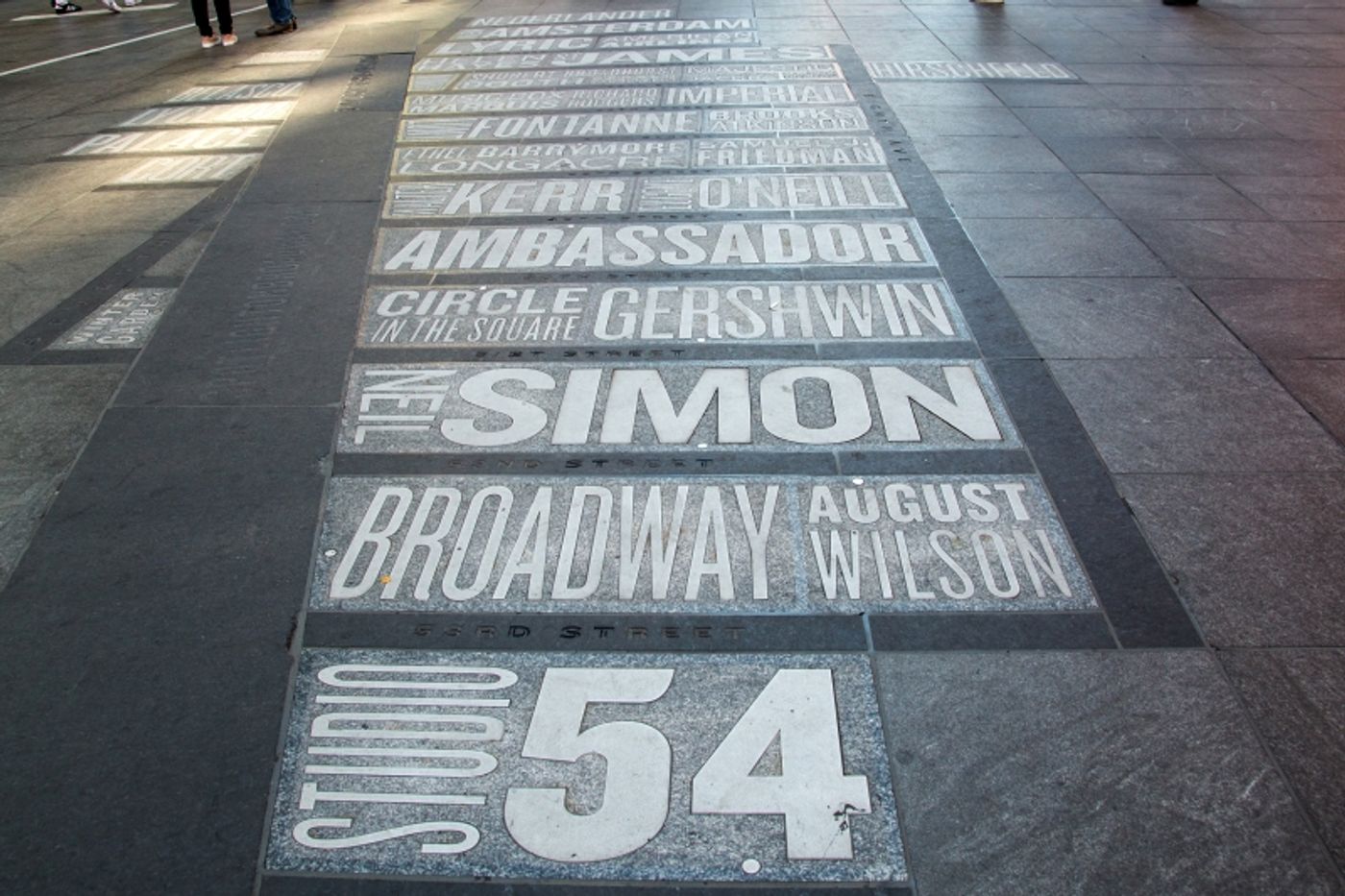'Why Is It Called Broadway?' ...and Other Burning Theatre Questions Answered!
When did Broadway become Broadway? We have the answers!
Just now discovering the magic of Broadway? Looking to impress your theatre-loving friends, but lacking the intel to keep up with the conversation? BroadwayWorld is here to help get you up to speed!
Let's start at the very beginning...
What is Broadway?
Broadway, or Broadway theatre, is widely considered the highest form of theatrical entertainment in the world. Broadway shows are most often plays or musicals, but can sometimes come in the form of concerts and other special live events. Broadway has played an integral role in shaping popular culture, often branching beyond its onstage origins and taking new life in television, film, music, and more.
How many Broadway theaters are there?
Technically any venue with 500 seats or more, located along Broadway in New York City's Theatre District is a Broadway theatre. Today, 41 theatres are technically Broadway houses, each with their own rich history of ground-breaking shows and legendary performers. Click here to learn more about each and every one of them.

Why is it called Broadway?
Broadway is a 13 mile street that runs through two of New York City's five boroughs- Manhattan and the Bronx. It technically continues far beyond city limits, eventually ending in Sleepy Hollow, New York.
Long before European colonists arrived, Native Americans carved the Wickquasgeck trail as the main north-south thoroughfare through Manhattan Island. The Dutch widened and renamed the road (Heeren Wegh or Gentleman's Way) when they arrived in the 17th century. It wasn't until the English took over in 1664 that it was renamed 'Broadway' for its unusual width.
Being one of the oldest streets in New York City and existing long before the Commissioners' Plan of 1811, Broadway is one of very few in Manhattan that does not follow the city's grid system. Where it crosses avenues in midtown, it creates Times Square, Herald Square, Madison Square, and Union Square.
.jpg?format=auto&width=1400)
When did Broadway become Broadway?
New York City had a theatre presence as early as the mid 1700s, but not until the late 1800s did most theatres move uptown to the area we know today as the Theater District, which at the time was made up mostly of family residences and farms. As the area developed in the following decades, transportation improved, poverty decreased, and the neighborhood blossomed as a central hub to produce theatre. Some fo the oldest Broadway theatres that are still in operation today were built in the first years of the 1900s, including the Hudson, Lyceum and New Amsterdam.
The first work that fits the mold of what we would today consider a musical was the five-and-a-half hour-long The Black Crook, which played 474 performances in 1866.
Can you see Broadway outside of New York City?
In short, no. Any show performed outside of a Broadway theater is not technically a Broadway show or "on Broadway." Does that mean that great theatre isn't produced elsewhere? Absolutely not! Plenty of productions of shows that were once on Broadway or national touring versions of Broadway shows are produced all the time. That doesn't mean they aren't great; they're just not technically Broadway shows.
Want to learn more?
Study up on Broadway history with BroadwayWorld's Broadway Decades playlists and listen to music from the 1940s, 1950s, 1960s, 1970s, 1980s, 1990s, 2000s, 2010s, and 2020s.
Videos
